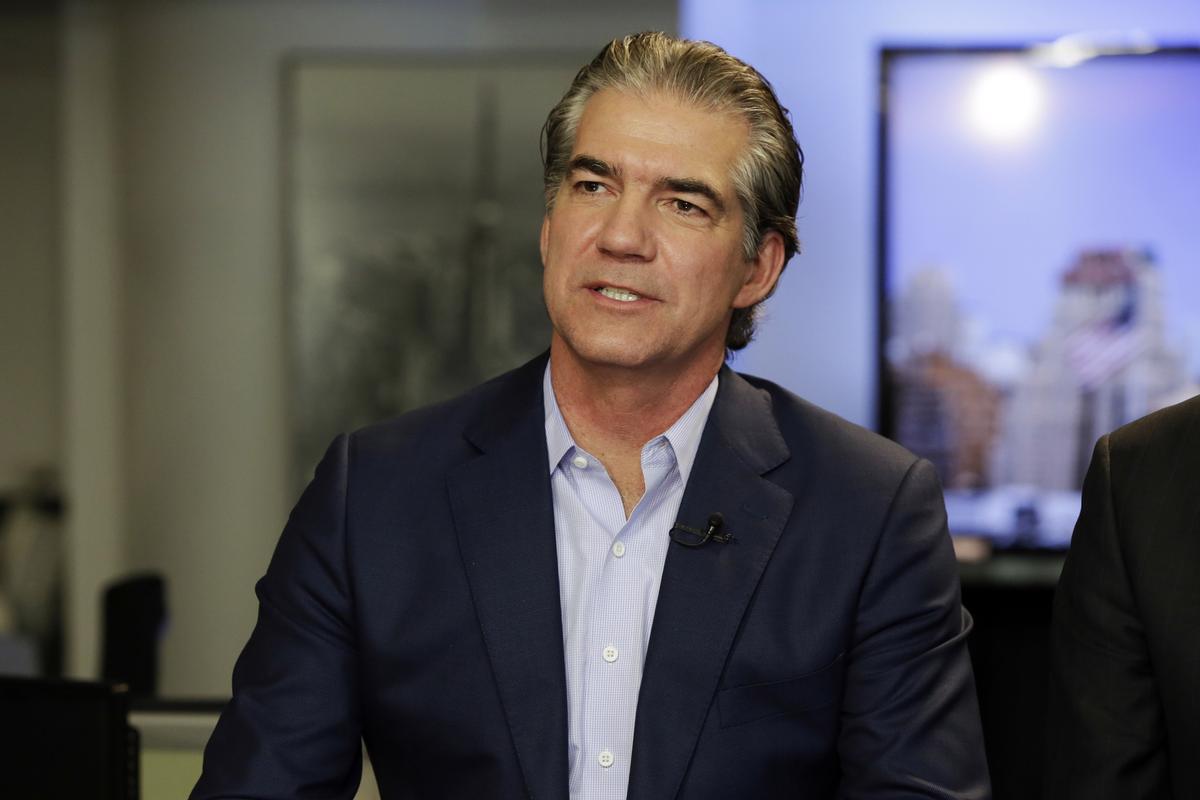see all jobs
SeaWorld tightens financial leash following poor third quarter
SeaWorld president and CEO joel manby has reiterated that financial discipline remains a top priority for the operator, after another tough quarter saw revenues and visitor numbers drop.
Earnings for Q3 were down US$47.6m (€41.1m, £36.3m) year-on-year, with SeaWorld recording revenues of US$437.7m (€378m, £333.8m) compared to US$485.3m (€419.1m, £370m) in 2016. Net income was also down, dropping US$10.7m (€56.7m, £50.1m) with US$55m (€47.5m, £41.9m) versus US$65.7m (€56.7m, £50.1m) for the quarter last year.
Approximately 732,000 fewer visitors attended SeaWorld attractions. The operator attributed the decline largely to its parks in Orlando and San Diego, as well as the effects of both Hurricanes Irma and Harvey.
“Our compelling product lineup, updated pricing strategies, and aggressive marketing and advertising promotion will begin to roll out early next year,” said Manby. “We believe this will position us well for improved performance in 2018.”
One positive for SeaWorld is that the company is currently on target to achieve its long-term goal of saving US$40m (€34.5m, £30.5m) by the end of 2018, something Manby first set out to do in March this year. The operator has also identified an additional US$25m (€21.6m, £19m) in cost savings opportunities, which includes a new restructuring programme.
“This quarter, we made progress implementing the targeted actions to stabilise our business and to drive sustainable growth, while continuing to advance the core elements of our five-point plan,” said Manby.
“We expect to deploy a majority of the cost savings from the restructuring programme into enhanced marketing and advertising initiatives in 2018 to drive revenue growth."
Cuts have included job losses, with about 350 positions set to go by the end of this year. Spread across the company’s 12 theme parks, the job losses include its SeaWorld parks in Orlando, San Diego and San Antonio, in addition to its Sesame Place attraction in Pennsylvania and Busch Gardens in Florida and Virginia. The company’s headquarters in Orlando have also be affected.
For the year to date, SeaWorld has generated revenues of US$997.8m (€861.7, £760.9m) – down US$78.9m (€68.1m, £60.2m) from US$1.07bn (€924m, £816m) for the same period in 2016. So far this year the company has generated a net loss of US$181.9m (€157m, £138.7m), though this does include a non-cash goodwill impairment charge of US$269.3m (€232.6m, £205.4m) caused by a decline in the value of its non-identifiable assets based on future earnings at SeaWorld Orlando.
SeaWorld has recently been subject to a potential takeover, with Spanish operator Parques Reunidos rumoured to be considering a bid for either all or part of SeaWorld.
In addition to its SeaWorld attractions, SeaWorld Parks and Entertainment also owns two Busch Gardens theme parks in Williamsburg and Tampa, the Sesame Place attraction near Philadelphia, five waterparks across the US and Discovery Cove in Orlando. It is developing an orca-free theme park in Abu Dhabi and a second Sesame Place theme park at a location yet to be confirmed.
More News
- News by sector (all)
- All news
- Fitness
- Personal trainer
- Sport
- Spa
- Swimming
- Hospitality
- Entertainment & Gaming
- Commercial Leisure
- Property
- Architecture
- Design
- Tourism
- Travel
- Attractions
- Theme & Water Parks
- Arts & Culture
- Heritage & Museums
- Parks & Countryside
- Sales & Marketing
- Public Sector
- Training
- People
- Executive
- Apprenticeships
- Suppliers
















































